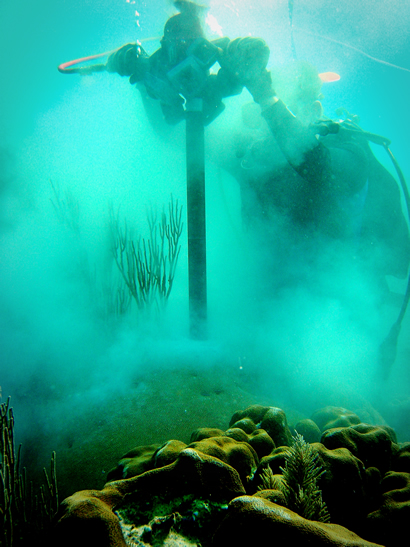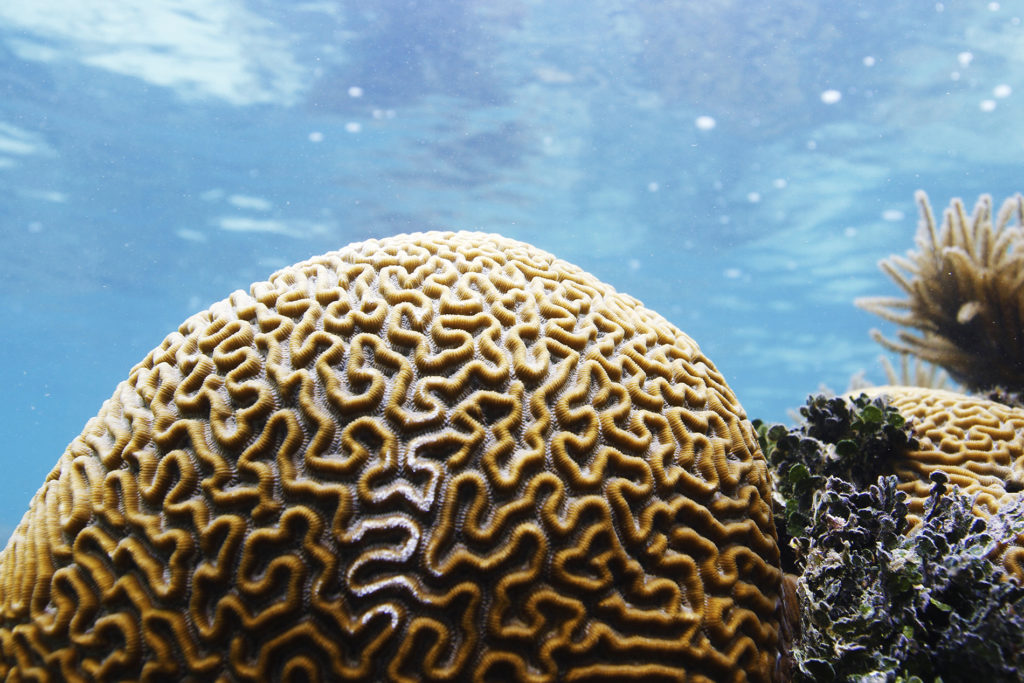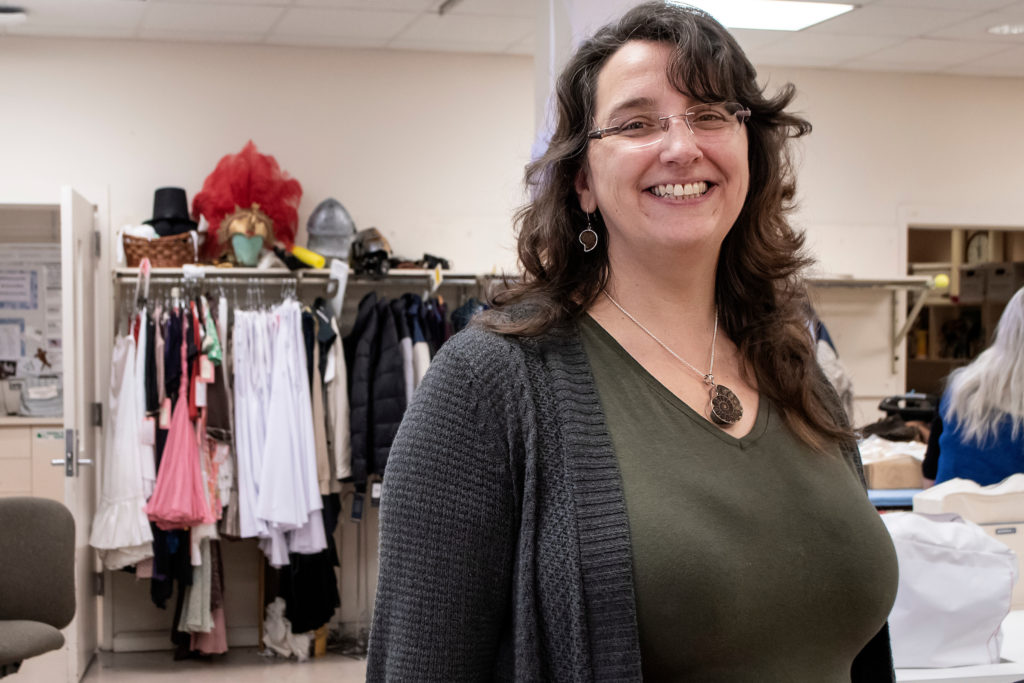Johna Register-Mihalik is an assistant professor in the department of exercise and sport science within the UNC College of Arts & Sciences. She is also a faculty member of the Matthew Gfeller Sport-Related Traumatic Brain Injury Research Center and the Injury Prevention Research Center. Her research focuses on the prevention, education, consequences, and clinical management of recreation- and sport-related traumatic brain injury.
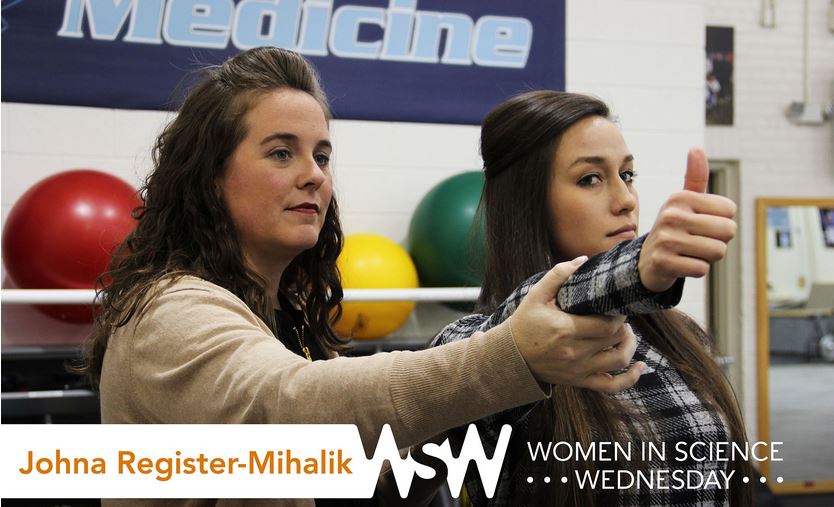
When you were a child, what was your response to this question: “What do you want to be when you grow up?”
A doctor. I had an awesome pediatrician as a kid. She knew so much about how to make people better and made me feel like the best kid in the world. I also have always enjoyed thinking about the human body and how it works.
 Share the pivotal moment in your life that helped you choose exercise and sport science as your subject of study.
Share the pivotal moment in your life that helped you choose exercise and sport science as your subject of study.
In high school, I played basketball and softball — and at one point, dislocated my shoulder. So being injured opened my eyes to the world of sports medicine and athletic training. I decided then that I wanted to pursue it as my undergraduate field of study. During my freshman year at the University of Alabama (Roll Tide!), I saw a college sophomore retire from football because of too many concussions, and I began to think: Wow, why is this injury so complicated? How can we better identify and treat it? Those initial questions led me to a summer undergraduate internship here at UNC, and that led to my pursuit of research aimed at understanding the prevention and treatment of concussion.
Researchers are problem-solvers. Tell us about a time you encountered a tricky problem. How did you handle it and what did you learn from it?
Earlier in my career I would try and take on too much myself and not work through issues with a collaborative team of people. For my master’s thesis project, I was not able to recruit potential participants at near the pace we expected. I waited a few months to fully discuss this with my adviser and committee for fear that it would be seen as a failure. But once we had a discussion, we came up with a solution and an alternate plan that worked for all involved. I even graduated on time! It’s so easy to not want to ask for help in a competitive academic culture.
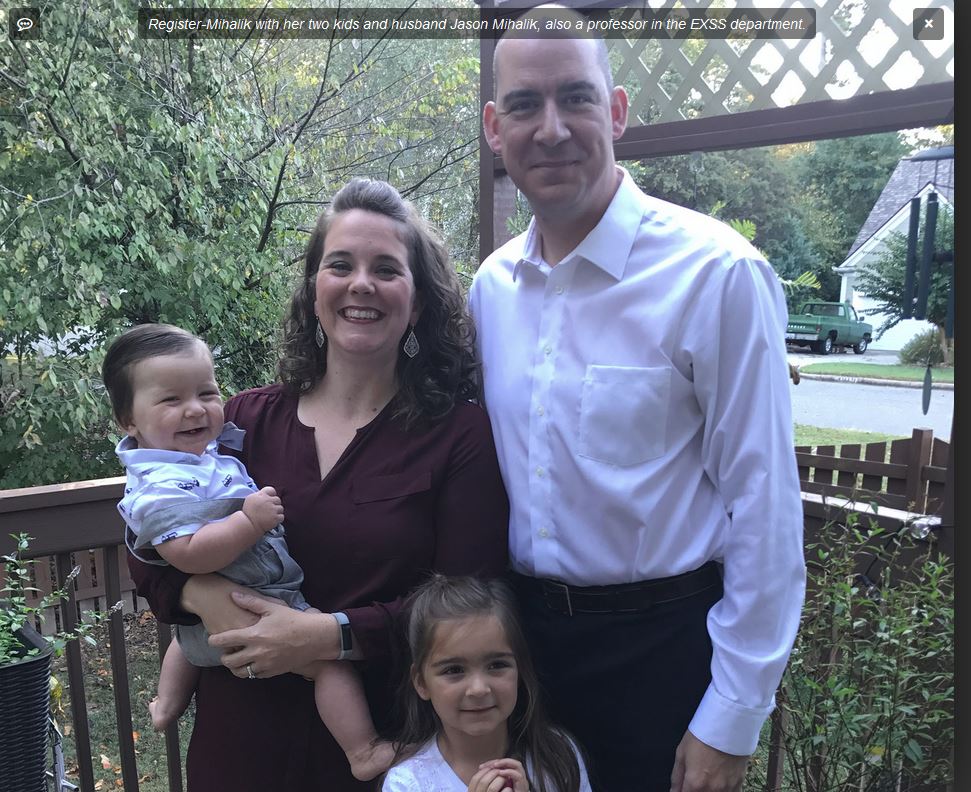
We should ask for advice and support more often and use the amazing resources and relationships we have around us – it only makes the science stronger, the product better, and certainly makes it all more fun!
What are your passions outside of science? And why do you feel it’s important to have them?
Playing piano and doing yardwork/gardening — both activities I’ve loved since I was a kid. Music is good for the soul and keeps me creative. Since I grew up in a small town, and my family had a large farm, working outside and connecting with nature take me back to my roots (no pun intended). These are also activities that I love to share with my family — all are fun with two kiddos! Having passions and hobbies outside of work allows us to enjoy more of what the world has to offer.
By UNC Research
Women in Science Wednesday highlights UNC researchers at all levels of their careers across dozens of fields. From nursing to economics to computer science, women at Carolina excel in research, mentorship, and advocacy.


